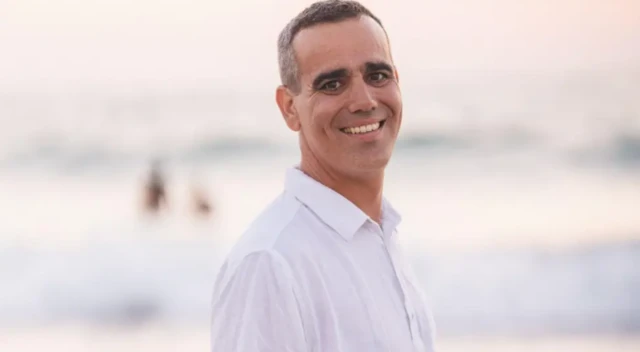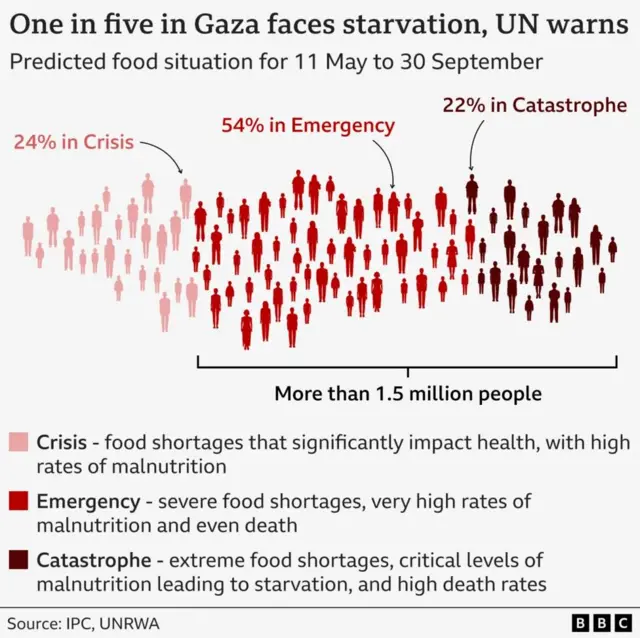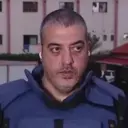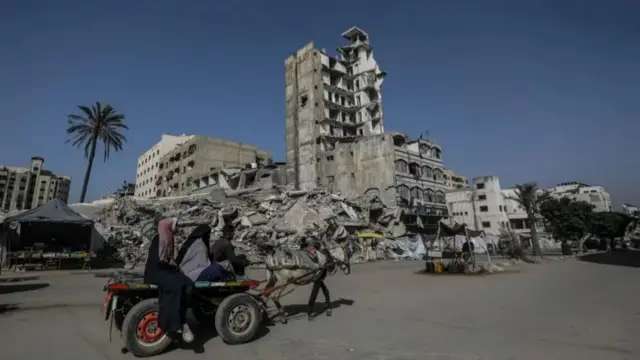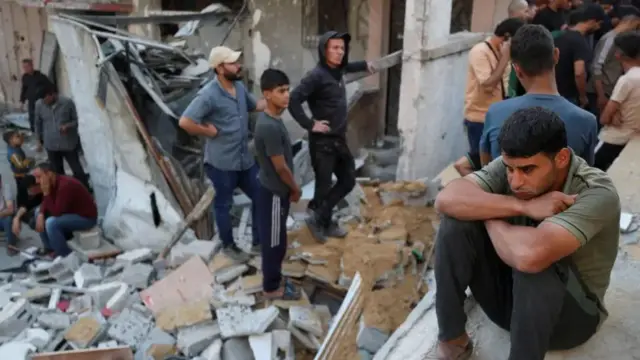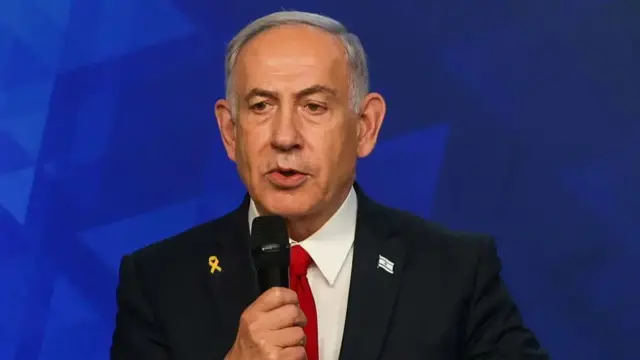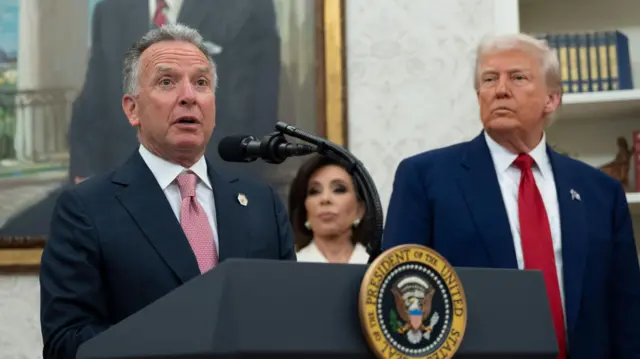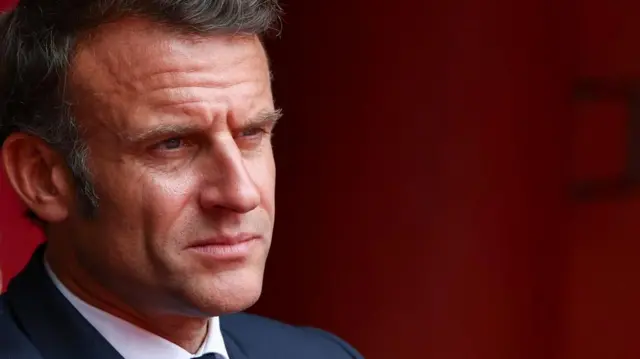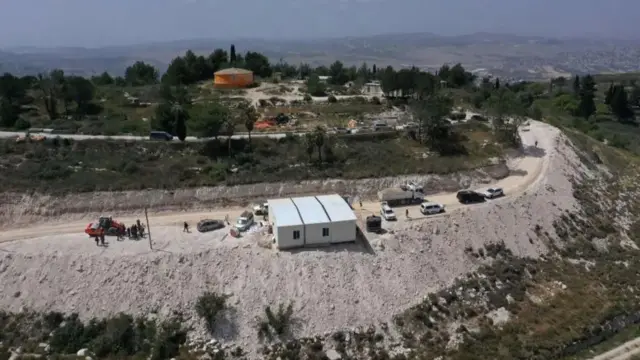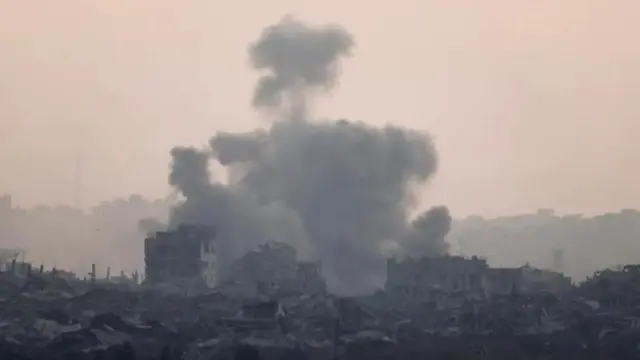Incompatible demands sticking point in negotiations, former US special envoy sayspublished at 09:34 BST 30 May
A former US special envoy to the Middle East says the sticking point in ceasefire negotiations are incompatible demands being made by both sides.
David Satterfield tells BBC Radio 4's Today programme that the US and Israel don't want a deal where Hamas is left with a "quite potent" force, and want the ability to strike in Gaza again when they deem necessary.
Hamas, meanwhile, is asking for a total ceasefire and an end to the war, he says.
Satterfield adds that he thinks an arrangement can be made that includes the release of some hostages and a temporary ceasefire, but whether that translates into a longer-term deal is another question.
